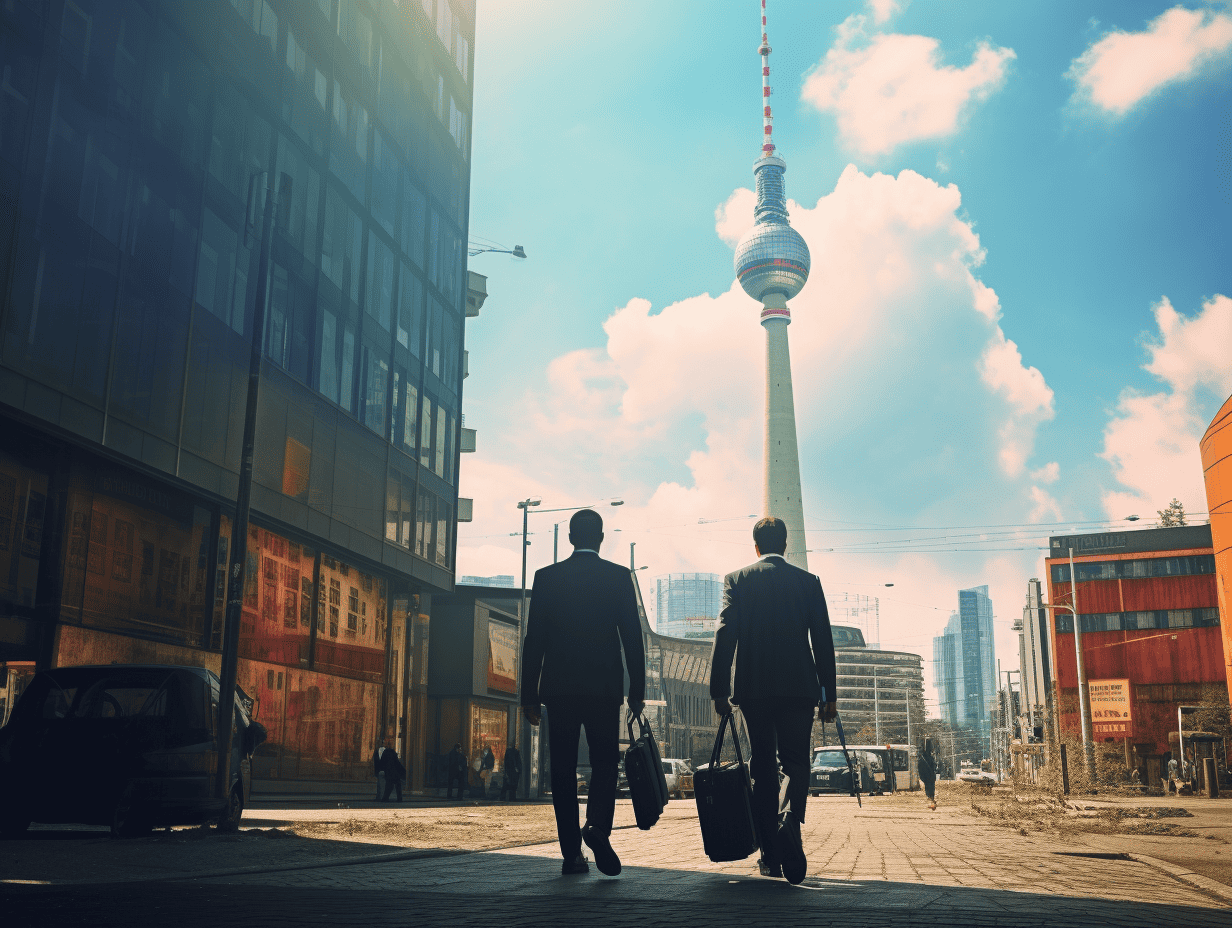
Eindhoven has a growing group of international knowledge workers. Mayor Jorritsma is meeting five of them to have a cheese sandwich and some soup. “We want to become the new Philips of Eindhoven.”
This week, we make a short series on the position of the expat in Eindhoven. Read all the published stories here.
The lunch in Colour Kitchen at the High Tech Campus is part of a tour to get acquainted brought by the mayor to the campus. Jorritsma has been the mayor of Eindhoven since September.
The five internationals are all either working at the High Tech Campus or they are closely involved with it. They once came from abroad (from Belgium up to India) and ended up in Eindhoven. Today they’re sharing their ambitions, plans for the future and a few tips with the new mayor.
Valer Pop, originally Rumanian, is kicking off. He once came to the High Tech Campus for a PhD at Philips. Ten years later, at that same campus, he is CEO of startup LifeSense, developed by Carin, a sensor and training program that helps women with bladder weakness. Pop is talking about the role that parties from Eindhoven such as the Holst Centre and HightechXL have played in the development of his company and about the tremendous growth it is experiencing. The mayor is fascinated. In a former position he was director of the Brabant Development Agency. Financing startups is familiar territory for him. He asks: “But do you want to be the fastest growing startup? Or would you rather be the smartest?” Valer Pop’s answer is that he would like his company to have an impact. To be added: “We want to become the new Philips of Eindhoven.”
Someone who’s also experienced in fast growing startups is Michel Décre from Belgium. He was co-founder of Sapiens in 2010, a company that wants to help Parkinson patients through deep brain stimulation. Four years after the start they are signing a deal and the company is taken over for 150 million euros by the American Medtronic. Also in that new capacity, the company has stayed at the Campus.
Not directly employed at the Campus, but responsible behind the screens for the fact that there are several internationals working there, is the Indian Kavitha Varathan. She is co-founder of Expat Spouses Initiative, which helps partners of expats finding a job.
Not unimportant, because research shows that in a period of five years the chance of expats returning home when their partner can’t find a job in the new country is 20% higher. Besides utilizing the international talent that is present here, the conversation is about the level of facilities in the city.
The mayor is looking intently at the iPad of Varathan that shows the results of a recent survey among internationals. A slide appears with the words “Attract”, “Retain” and “Wellbeing” on it. The conclusion is that when it comes to expats, a lot of energy has gone to the first two words. Now is the time to make wellbeing the focus of attention. Then it’s partly about tangible matters, such as a good cultural offer, but also about having the feeling you fit in and about easily finding connections outside the expat community. Varathan summarizes: “It is the difference between having an international community and being an international community.”
Jorritsma affirms that Eindhoven can make some additional changes in the cultural field. He will apply today’s input in his action agenda that he is developing together with the province and the Brainport region to, among other things, make the city life more vibrant. An agenda that will serve as a lobby towards the Hague to emphasize the economical significance of Brainport.








